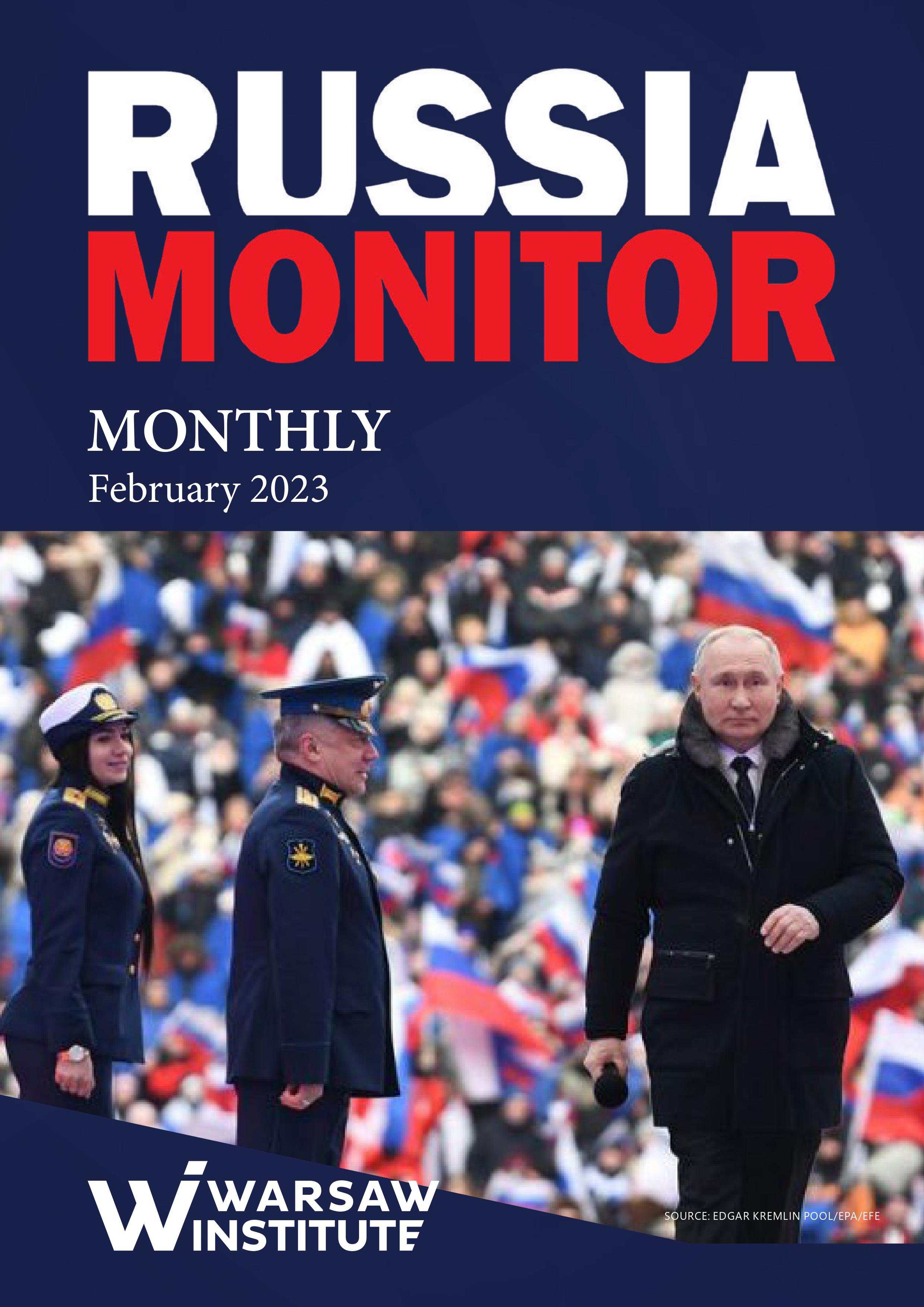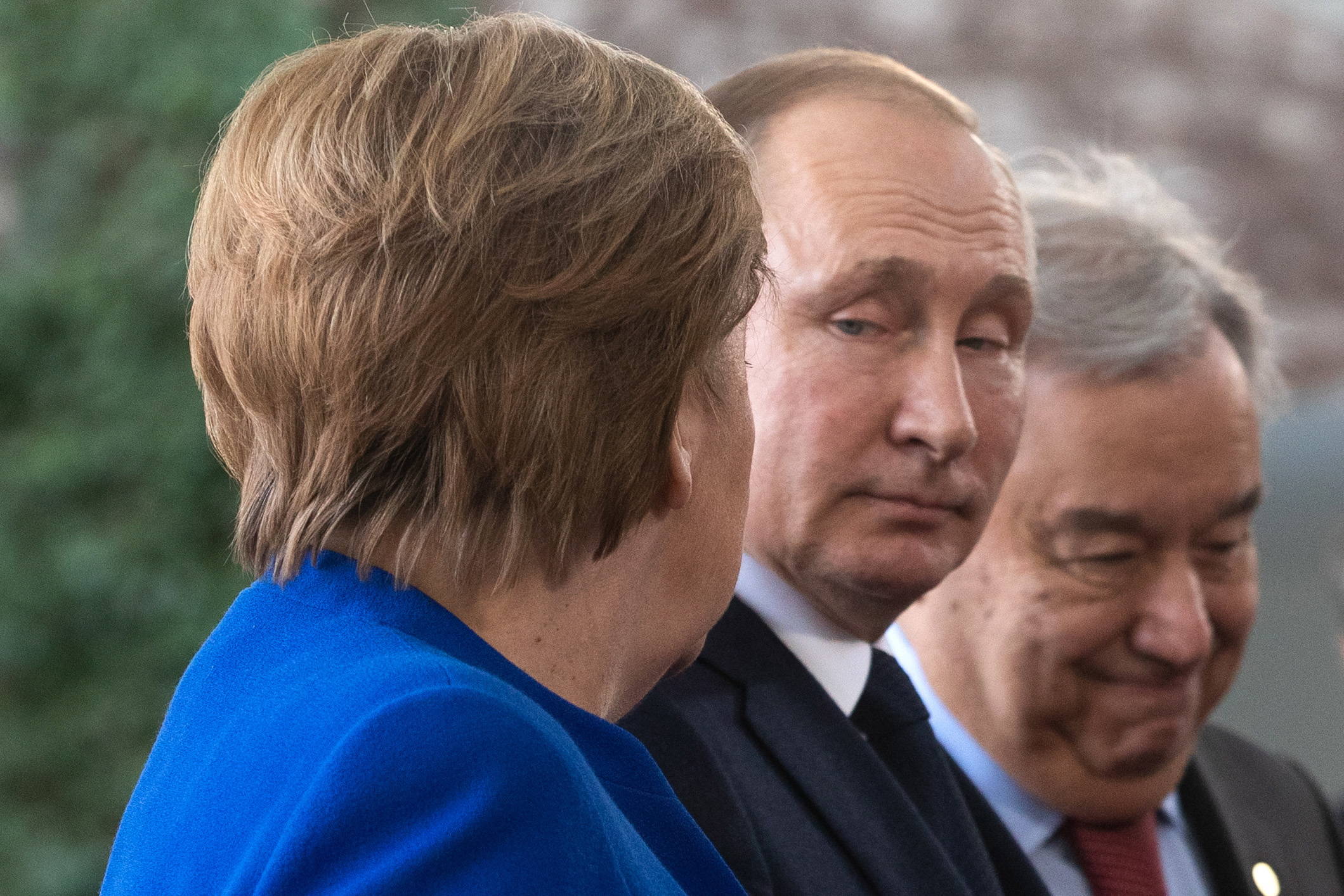
Nord Stream 2: Walking a Geopolitical Tightrope
The fate of the Nord Stream 2 project is doubtful, and it is gradually becoming a litmus test of relations between the US and Germany.
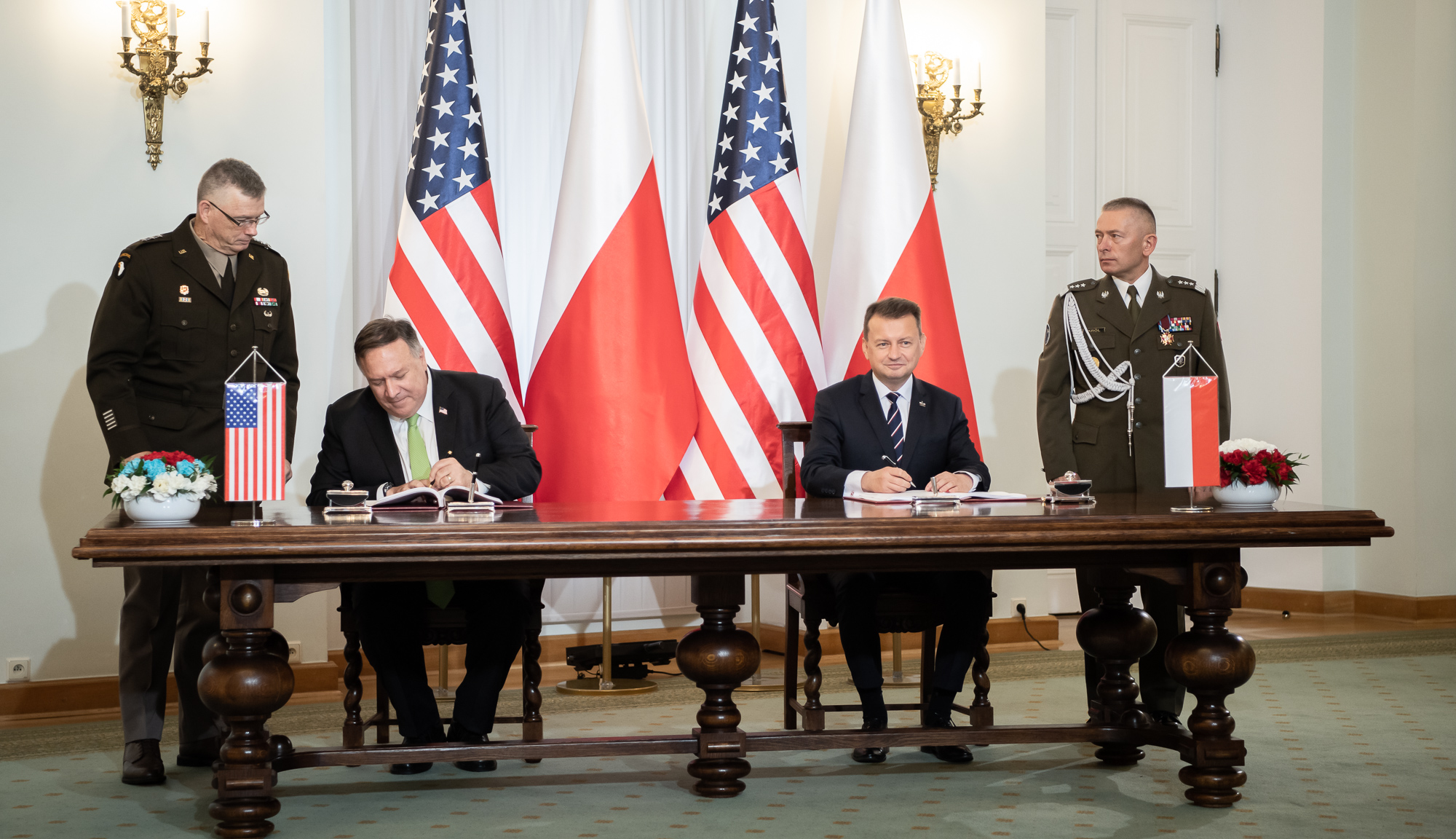
The eastern flank of the West: Central Europe in the face of a dynamic world situation
Mass protests in Belarus, the smoldering Russo-Ukrainian war, erosion of the power system in Russia, the war between two Eastern Partnership countries – Azerbaijan and Armenia, the frozen conflict in Transnistria, the evolving situation in Moldova, the meandering of Turkey’s policy towards Russia, the USA, NATO and the EU, the election-related political crisis in the US, and the yet unknown vectors of the foreign policy of Joe Biden’s administration, the third crisis in a row in the European Union – after this in the Eurozone, (2008–13) and those related to immigration (2015–16), and currently to the COVID-19 pandemic (2020–2021), the political twists and turns it is facing in connection with the elections in the Netherlands (March 17, 2021) and in the three largest EU member states: Germany (September 26, 2021), France, and Italy (2022), as well as possible early elections in the fourth largest EU country, Spain, torn by all the EU crises and Catalan separatism… These are examples of factors, which make it necessary for the countries located on the eastern flank of NATO and the European Union to prepare for possible bad scenarios and demonstrate their ability to face them. What potential do they have and what could they do to, if not integrate, then coordinate their potential; to what extent should they do it and in what directions? What structures for such integration do already exist, and to what degree are they advanced? What is the main challenge for these countries, and what constitutes a mere shortcoming in resisting these negative scenarios?
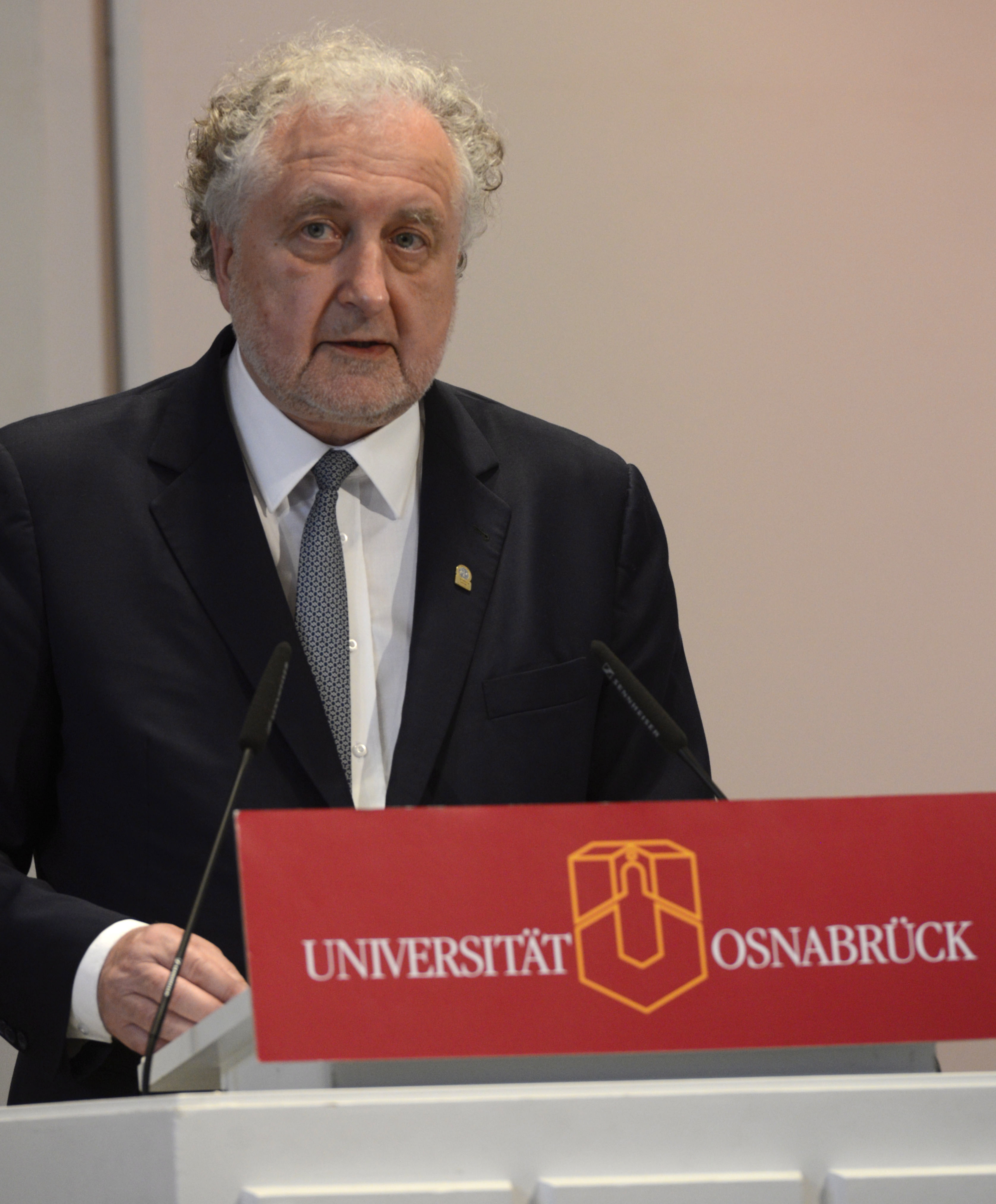
The context and meaning of judicial reforms in Poland after 2015
The reforms of the judiciary in Poland after 2015 are usually explained as an attack on the rule of law and the erosion of democracy. Meanwhile, it can be viewed from the other side as the final farewell to the circular political contract, on the basis of which the so-called third power was removed from the process of constitutional transformation.
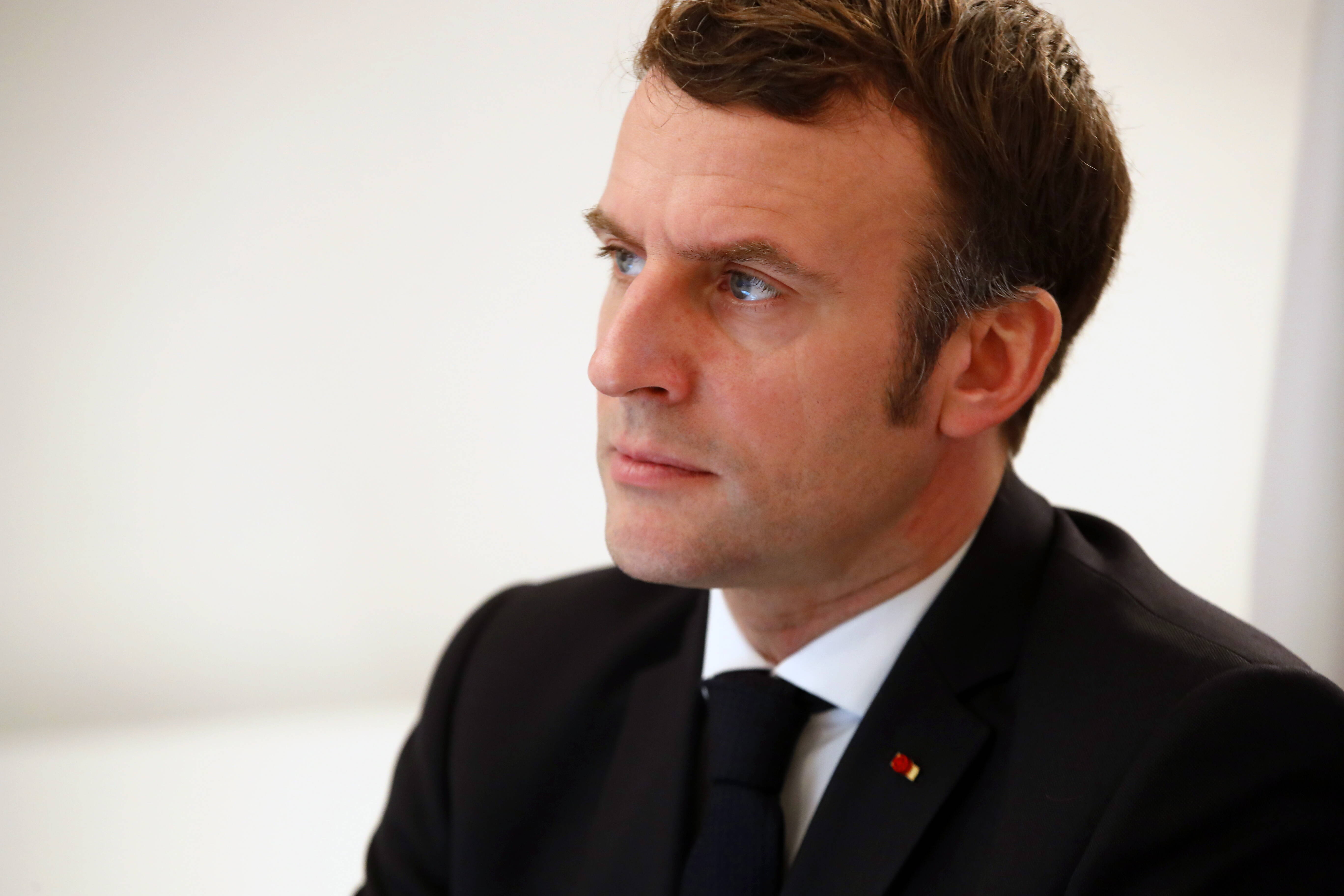
How China Outsmarted Europe
On August 13, 2020, Israel and the United Arab Emirates (UAE) signed a very special peace agreement. As per the document, the UAE will officially become the third Arab country to normalize its relations with Israel. In an interview with The Warsaw Institute Review, H.E. Mr. Alexander Ben Zvi – Ambassador Extraordinary and Plenipotentiary of the State of Israel to the Republic of Poland, explained the importance of this step and talked about recent developments and threats in the Middle East.
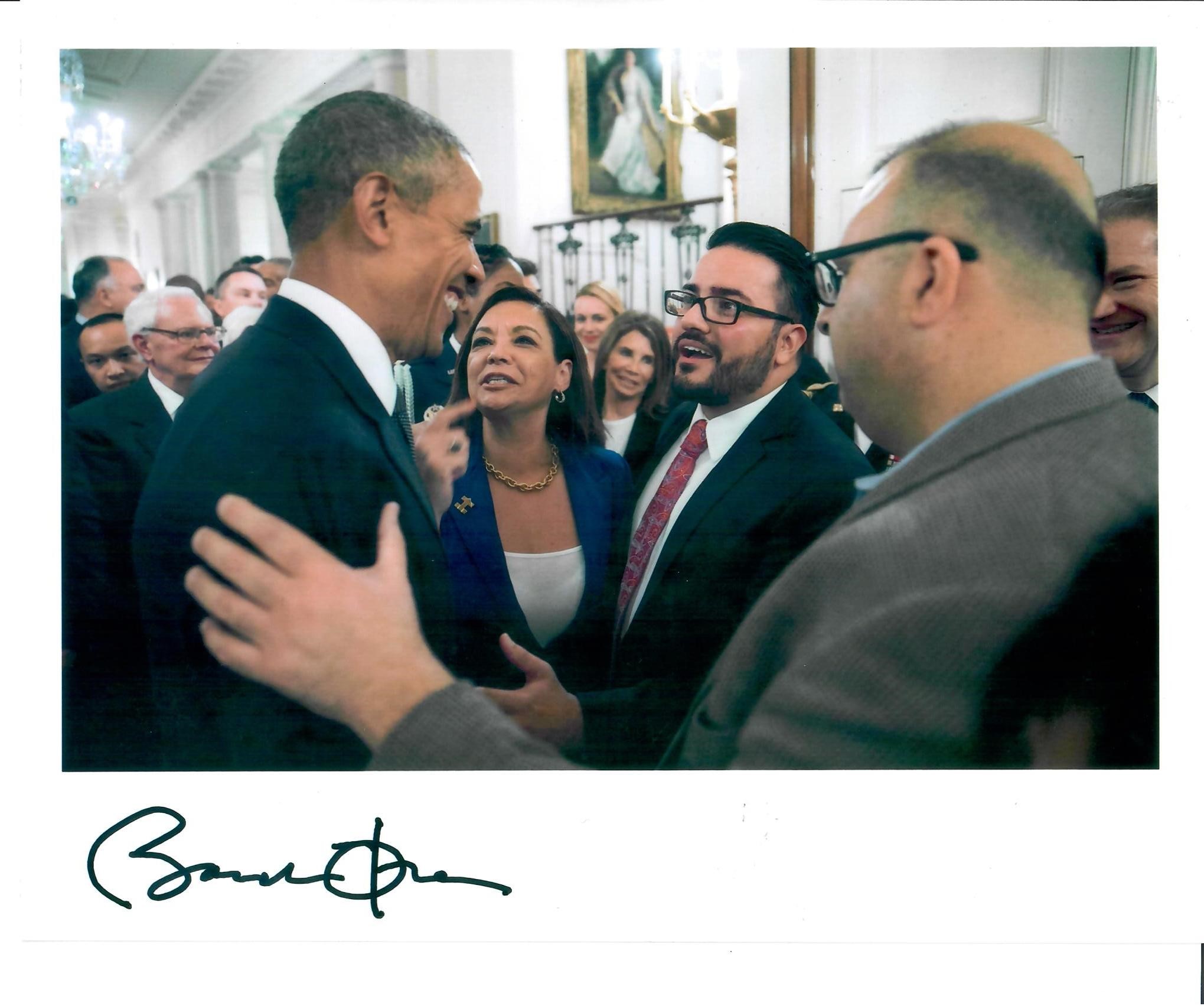
INSIDE THE US ELECTORAL COLLEGE
The Electoral College in the United States is one of the most unique institutions of American democracy, albeit a perplexing one. Its 538 members, drawing from all 50 states and the District of Columbia, meet every four years for only one purpose: to select the President and Vice President of the United States of America. To help explain what this electoral body does and how it functions, we interviewed Illinois State Senator Omar Aquino (D). Senator Aquino was selected as one of the Electoral College’s 20 members from the State of Illinois. We spoke with him shortly before he cast his vote in December of 2020.
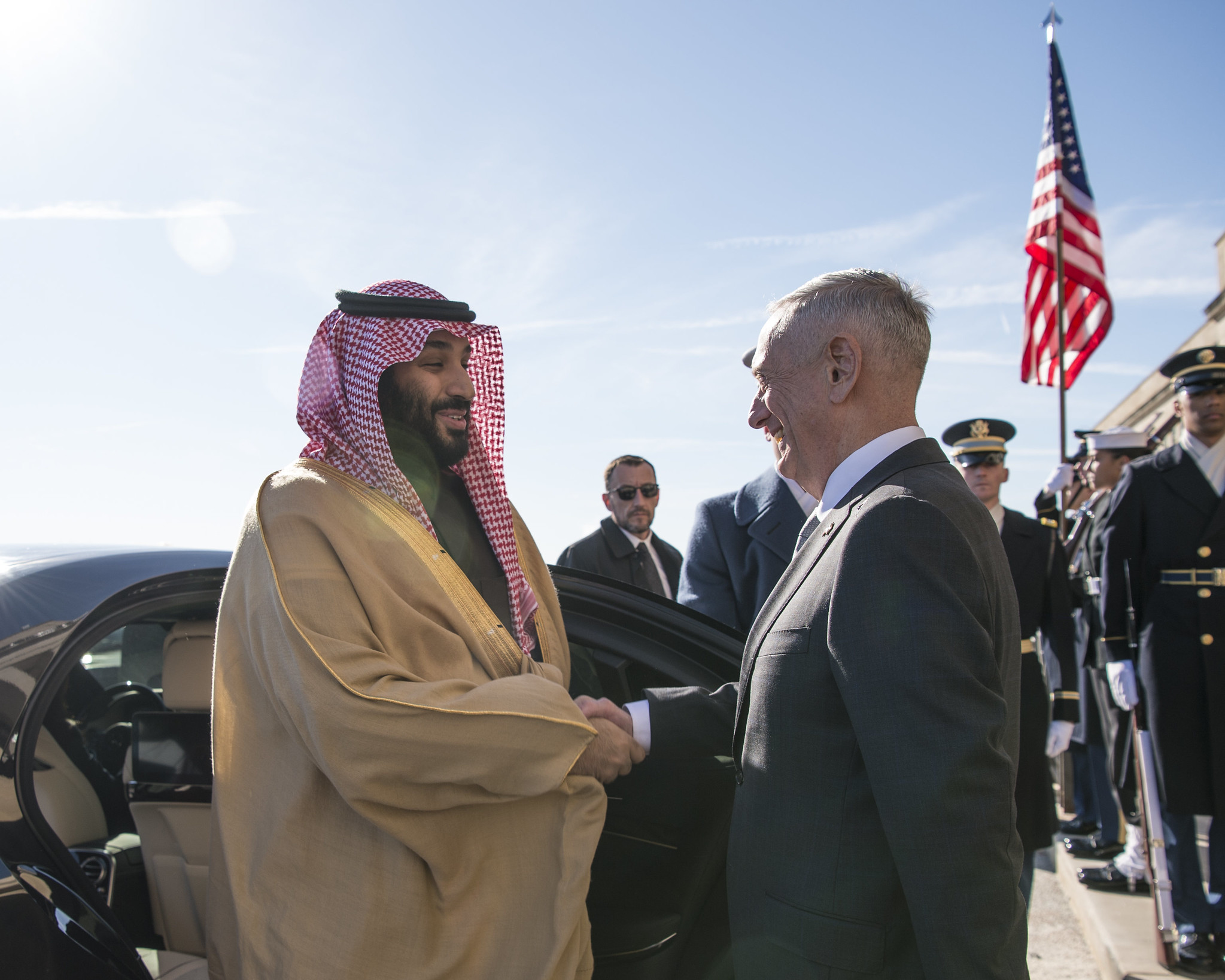
Saudi-Iranian relations. Can we expect a breakthrough?
The rivalry between Saudi Arabia and Iran is one of the principal factors that shape the image of the Middle East today. There are three key dimensions of it: religious (referring to the rivalry between its two most important denominations – Sunnism and Shiism, which is as old as Islam itself), economic (both countries are major crude oil exporters) and political (Riyadh and Tehran are considered regional powers that try to extend their influence. Naturally, this leads to a confrontation).
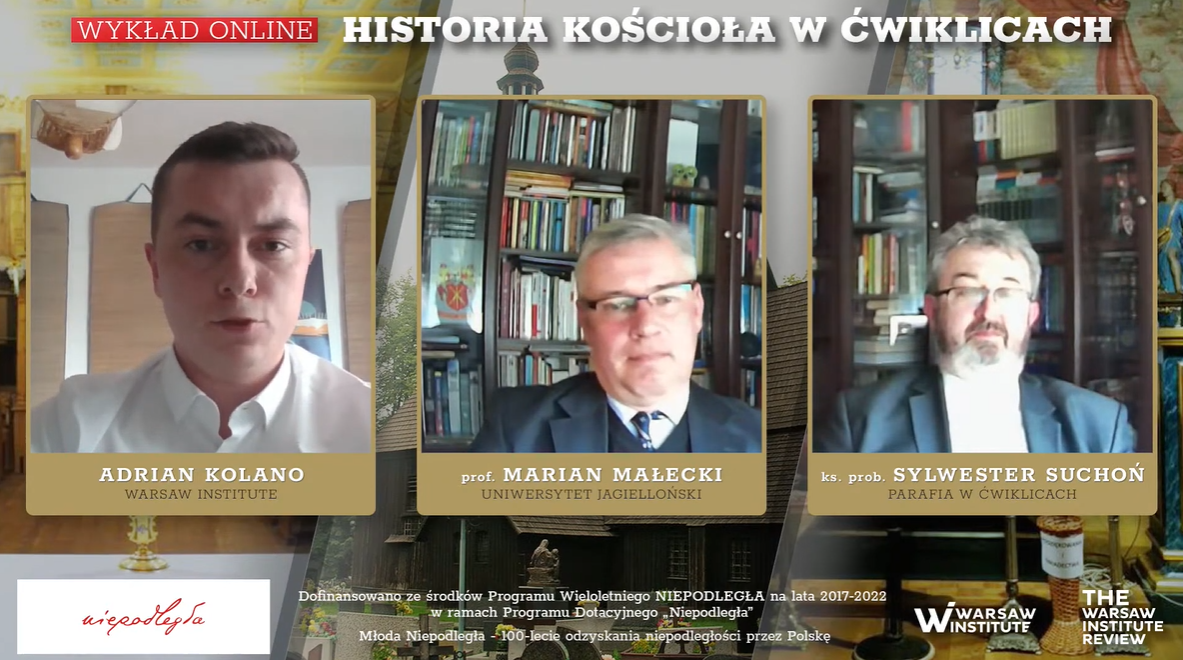
Event Summary: History of the Church in Ćwiklice
On April 27, 2021, the Warsaw Institute and the Warsaw Institute Review held an online lecture. The event “The History of the Church in Ćwiklice” was held as part of the program Young Independent – The Centenary of Poland Regaining Independence. The speakers were Marian Małecki, a professor of the Jagiellonian University and specialist in the history of political system and law, and Fr Sylwester Suchoń, the parish priest of the St. Martin of Tours Church in Ćwiklice.
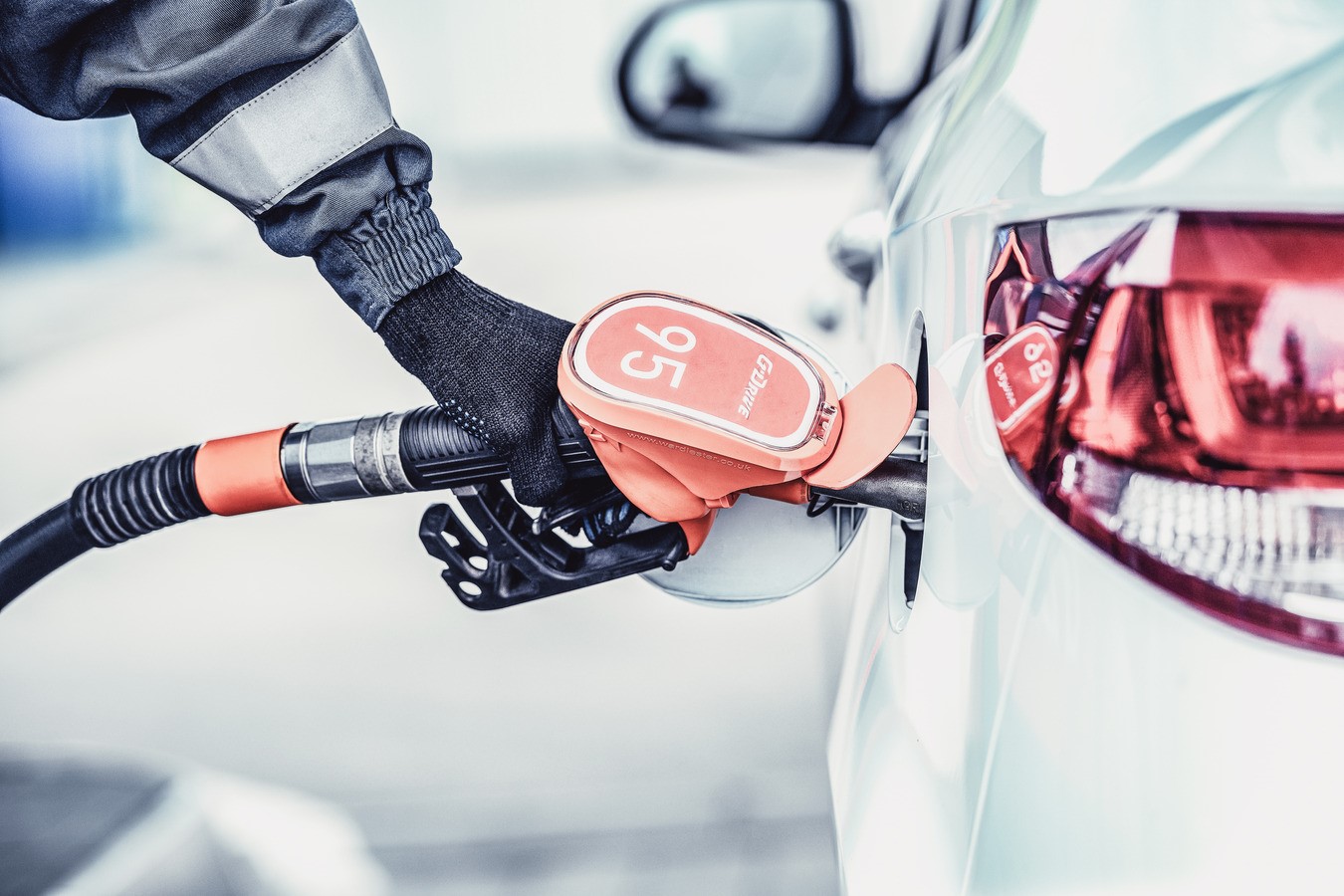
Will Russian Government Limit Export of Petrol Amid Growth in Prices?
People in Russia have to spend more on petrol for a couple of months now. State authorities believe this comes from the policy of petrol-producing companies that prefer selling their commodities abroad to leaving them on the domestic market. The government is considering some measures to restrict the export of petrol, but its market-controlling attempts may prove little helpful.

Russia’s Rosneft Plans Lower Dividends Than Last Year
Russia’s biggest oil company Rosneft is planning to spend 50 percent of its 2020 net profit on dividends. In this way, shareholders will have their payout five times lower than the year before. The general shareholders meeting of Rosneft will take place on June 1, 2021, in absentia.
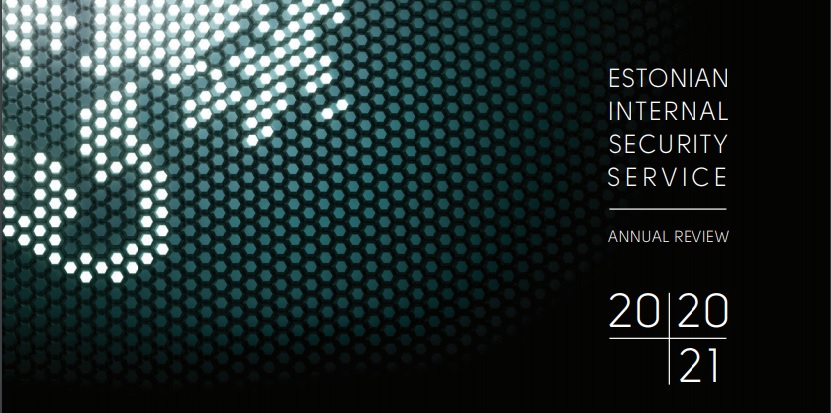
Estonian Counterintelligence Report and the Chinese Threat
The Estonian Internal Security Service (Kaitsepolitseiamet, KAPO), has published its Annual Review earlier in April. As in the case of other Baltic states, it was observed that Chinese intelligence activity has increased and that actions undertaken by the PRC in the region have become more and more bold.
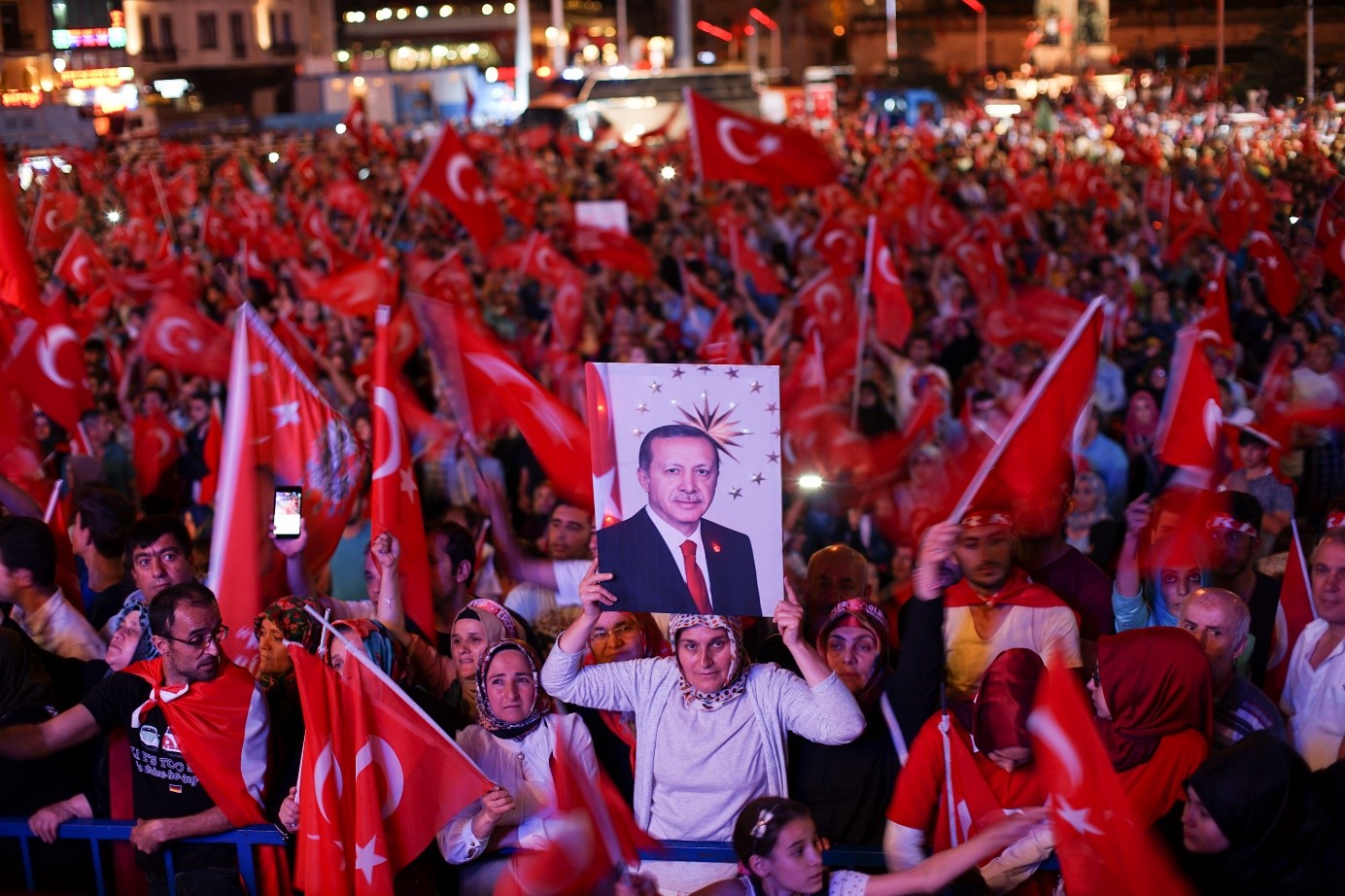
US and Turkey – Further Loosening of the Alliance?
The recent recognition of the 1915 massacre of Armenians in the Ottoman Empire as a genocide by the American President, was strongly opposed by the authorities in Ankara. In recent years, Turkey has been gradually distancing itself politically from the West, however, it remains the second military power and an important member of NATO. In the “post-Erdoğan” era, Turkey should be able to engage in the alliances of the Western world, anew, with a clean slate. Where are bilateral relationships among Ankara, Washington and other North Atlantic Alliance members headed?
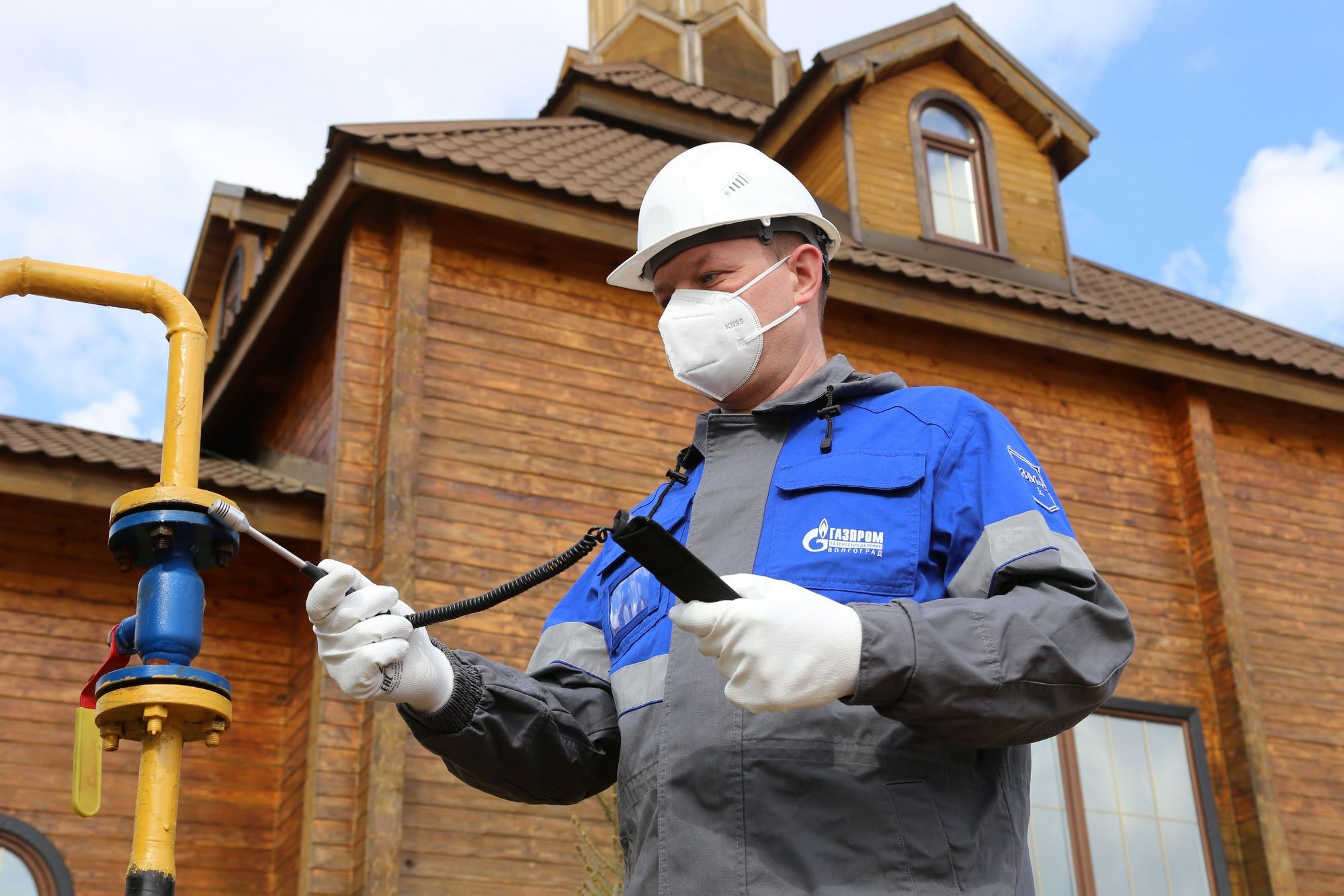
Gazprom Speeds Up Gasification Scheme
Throughout 2021 Russia’s gas giant Gazprom is planning to spend twice as much to gasify Russian regions as the year before. The company has hurried up to connect customers across the country to the gas grid at the request of Vladimir Putin. Last year the Russian president declared this as one of the top priorities of the state’s social policy.
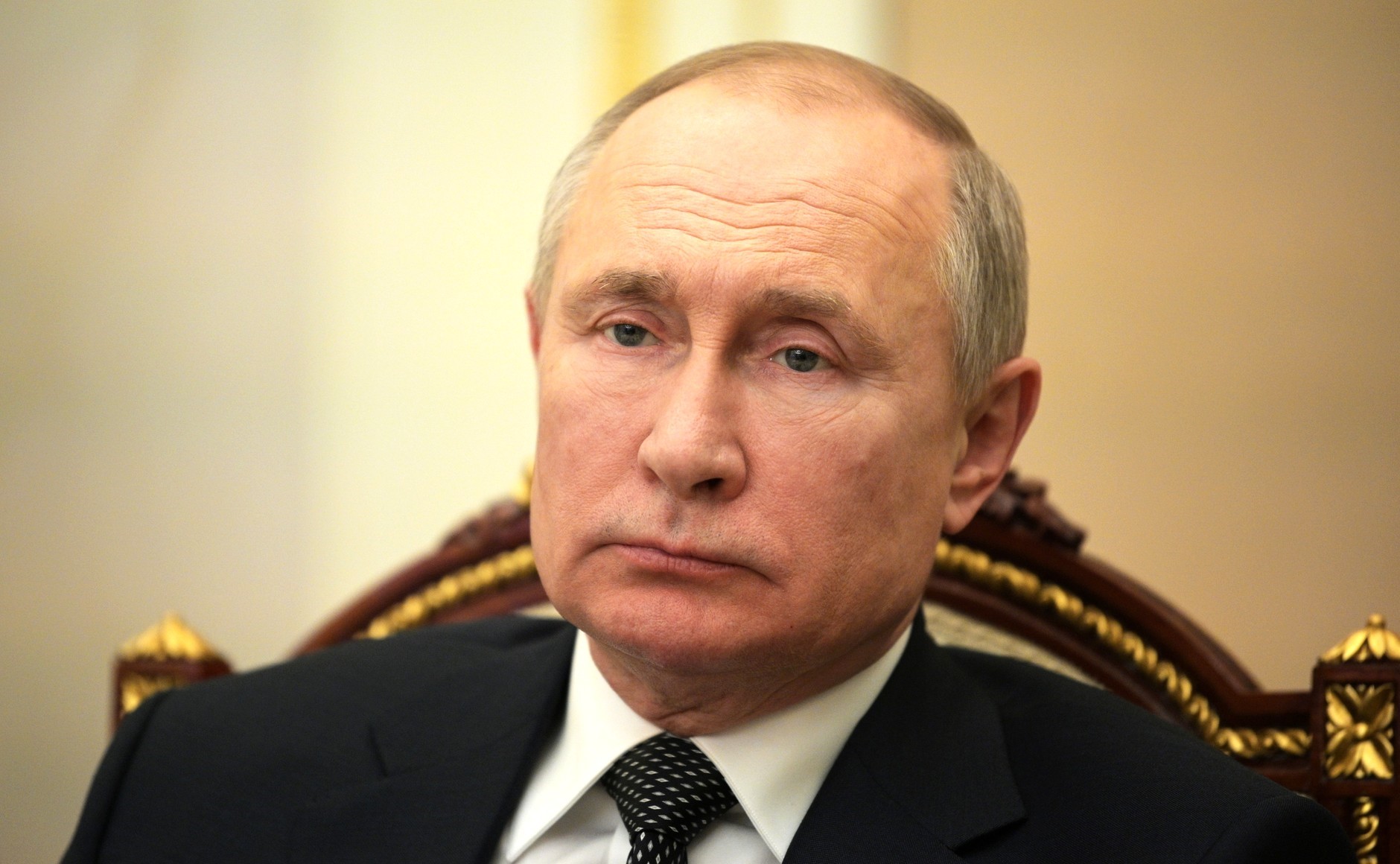
Russia Sets the Stage for Putin-Biden Meeting
Senior Russian officials are confirming efforts to prepare the Putin-Biden meeting while at the same time threatening to respond to what they name as Washington’s additional “unfriendly steps.” However, the Kremlin seems very keen on the meeting, which explains its relatively moderate reaction to a fresh batch of U.S. sanctions and perhaps also the decision to pull out some troops from its border with Ukraine.
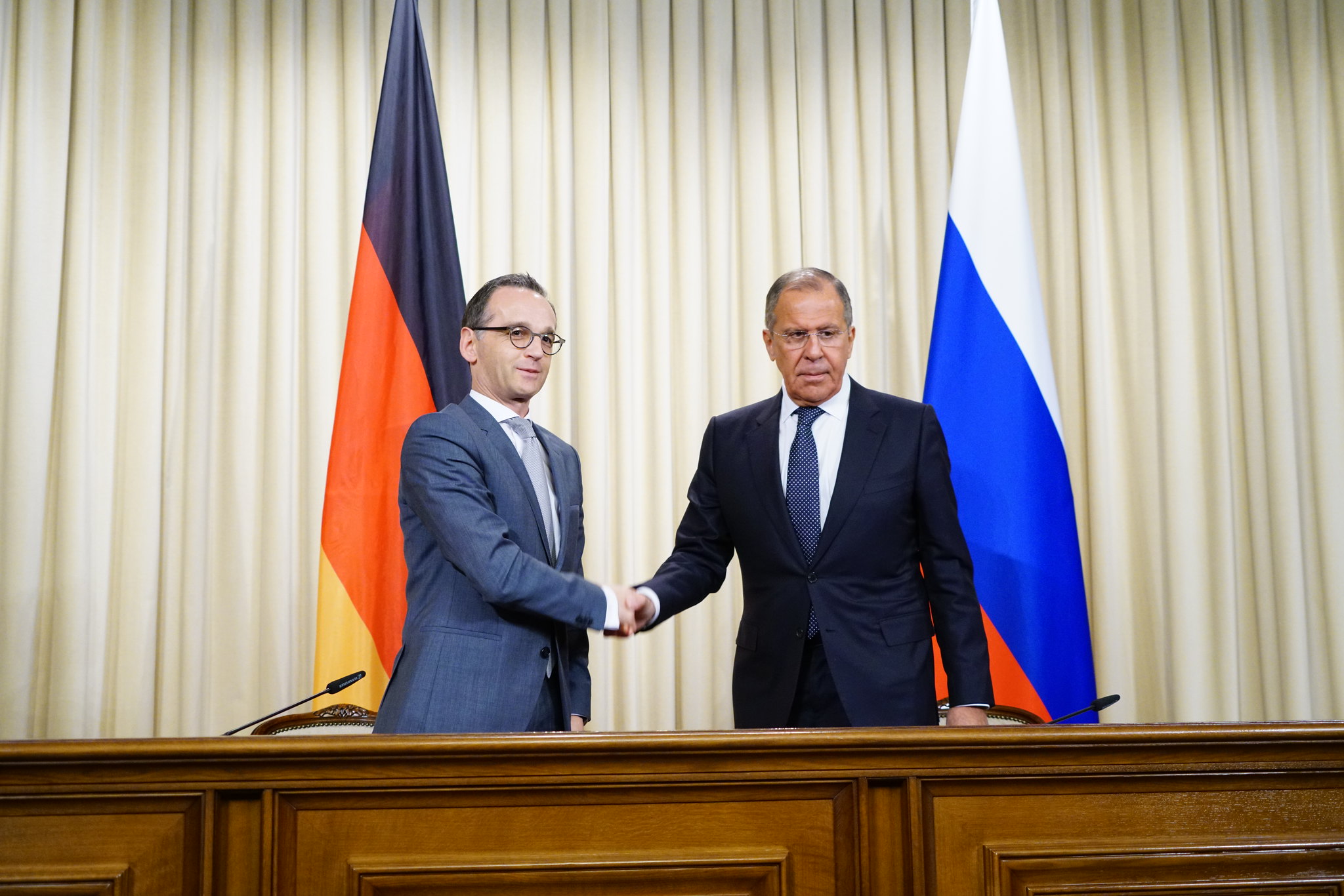
Yes to Nord Stream 2, No to Sanctions: Germany Takes a Course on Russia
As Alexey Navalny ended his hunger strike while Russia pulled back its troops from the border with Ukraine, this was enough for Berlin to redisplay its Moscow-friendly policy. Germany’s top officials openly say that Nord Stream 2 should be completed while the country’s foreign minister criticized those in the West who ask for a more resolute stance on the Kremlin.
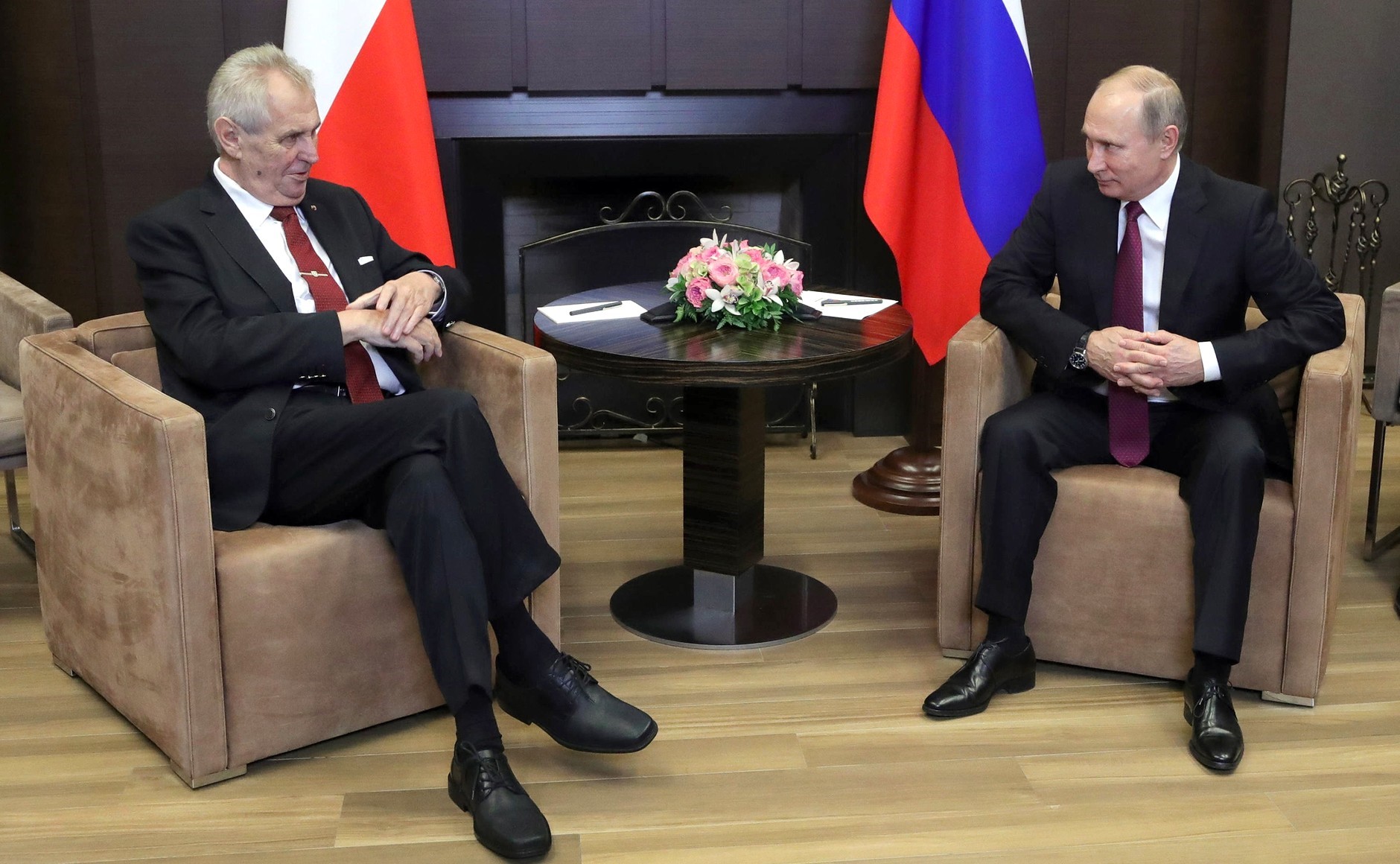
Zeman Favors Moscow Amid GRU Sabotage in the Czech Republic
Only after a week did Czech President Milos Zeman speak to the nation to comment on some reports that the government believed the Russian military intelligence agency had orchestrated the arms depot explosion in Vrbetice in 2014. Zeman, who has often expressed his pro-Russian views and hostility to his country’s counterintelligence service, did Moscow a service with what he announced, sparking a reaction from the state government. The Czech interior minister said that his country is probing into the Vrbetice arms depot explosion as a GRU sabotage scheme despite the president’s words that there are two possible theories on the blast.

Czech Republic, Bulgaria, Ukraine: Russia’s GRU Had a Special Mission
The 2014 blast at a munitions depot in the Czech Republic was linked to the Russia-Ukraine war as the arms were reportedly supposed to be sent to the frontline in Donbas. Another link was the attempted assassination of Emilian Gebrev, the Bulgarian arms dealer, in 2015.

Coup Plot In Belarus Is Lukashenko’s Provocation
New details on a purported plot to kill the Belarusian leader confirm one thing: this is nothing but a provocation made up by Belarusian and Russian services. What Lukashenko said is somewhat unbelievable while any evidence submitted so far seems neither credible nor coherent.
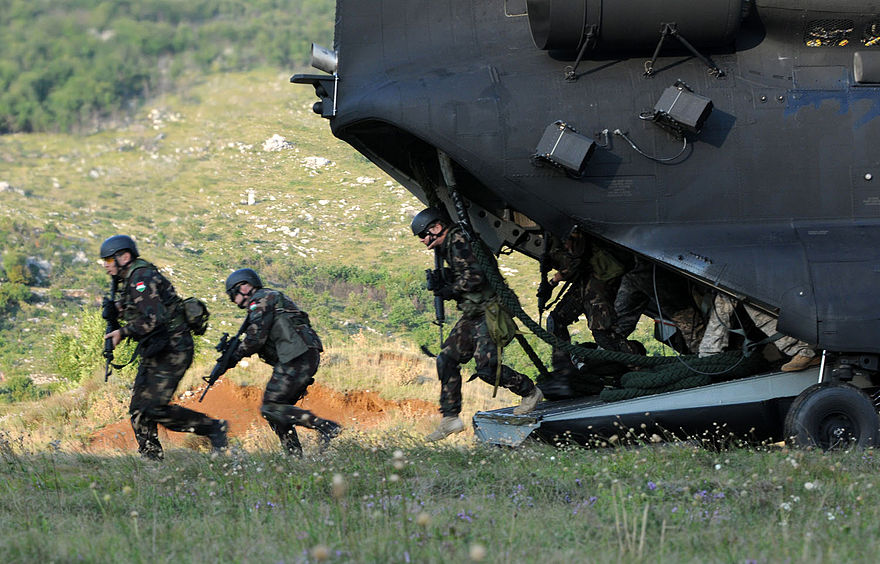
Hungary in Command – The Importance of the KFOR Mission from Hungarian Perspective
From the autumn of 2021 a Hungarian Brigadier General, Ferenc Kajári is going to be the Commander of the NATO’s peace mission in Kosovo. The one-year-long appointment is not only a military, but also a diplomatic success for Hungary since we are talking about one of the greatest missions in NATO.

Russia’s Novatek Sends Less Liquefied Natural Gas Abroad
Russia’s largest private natural gas producer seeks to reduce its LNG exports and is planning to add some shifts to its Arctic projects. Novatek––just like another Russian energy giant Gazprom––is looking for some fresh solution as Europe is reviewing its energy strategy by quitting oil and gas. One idea might be to go for ammonia instead of liquefied gas.
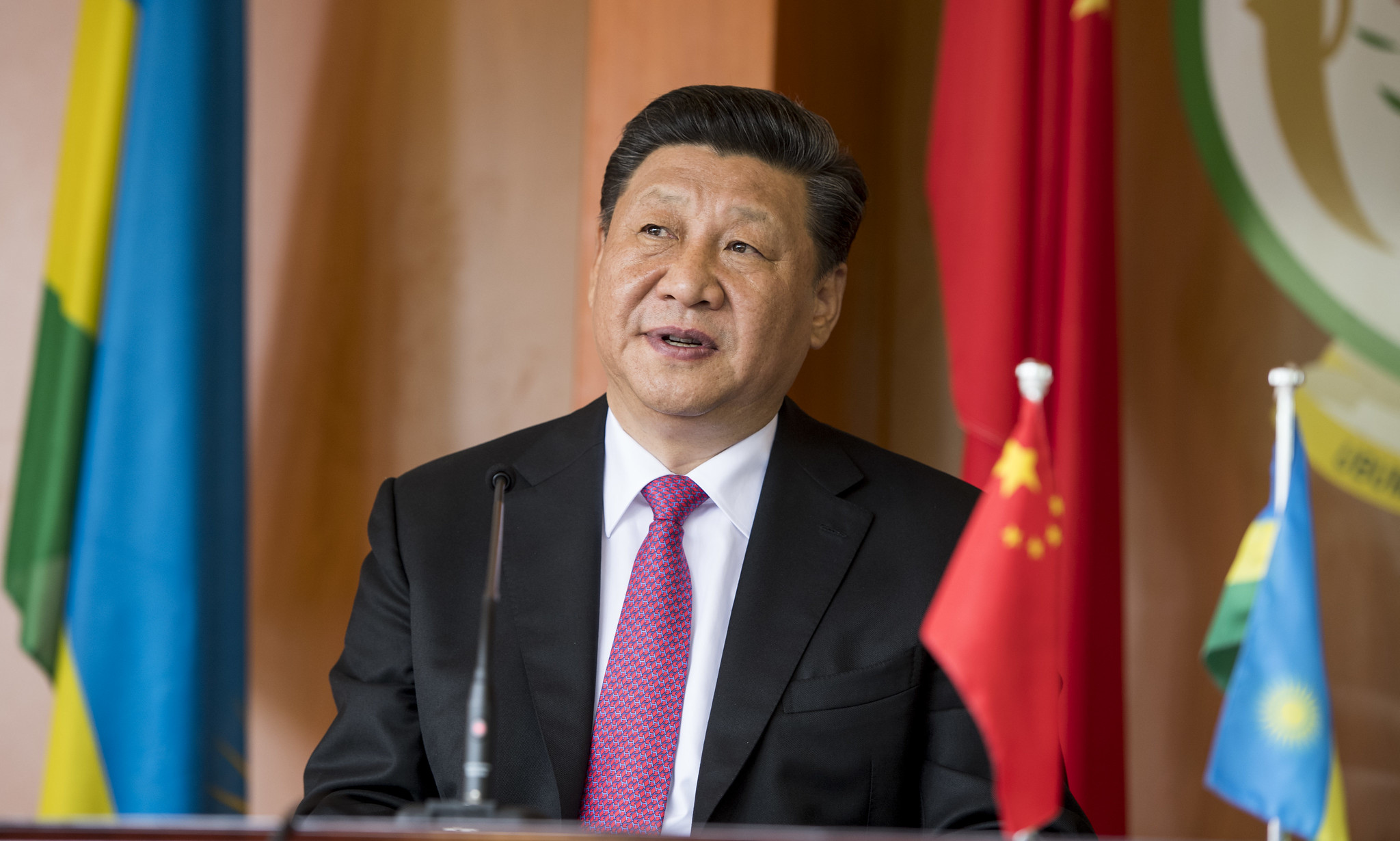
Xi Jinping at Boao Forum for Asia 2021
The annual Boao Forum for Asia kicked off in the second half of April. In addition to prominent experts and government representatives, the General Secretary of the Chinese Communist Party Xi Jinping delivered a speech. He followed the usual narrative of the Chinese Communist Party.

